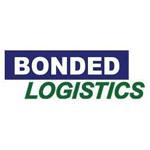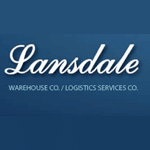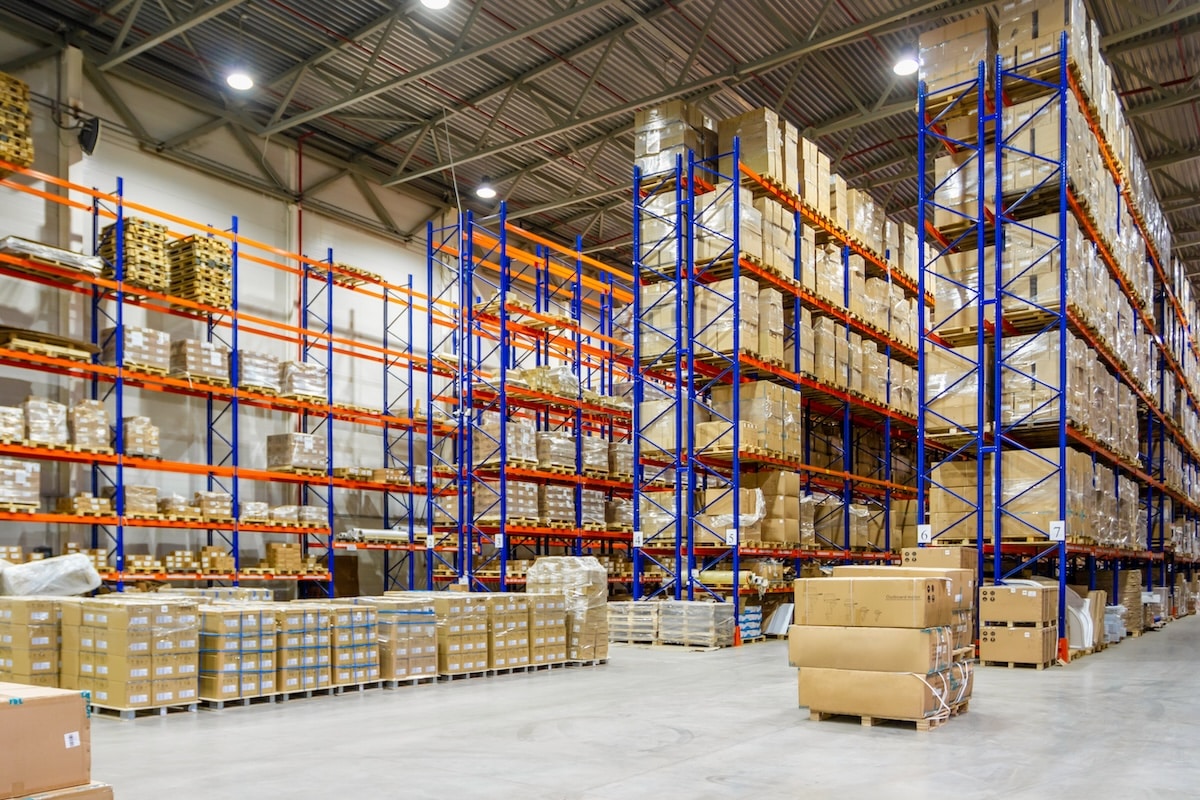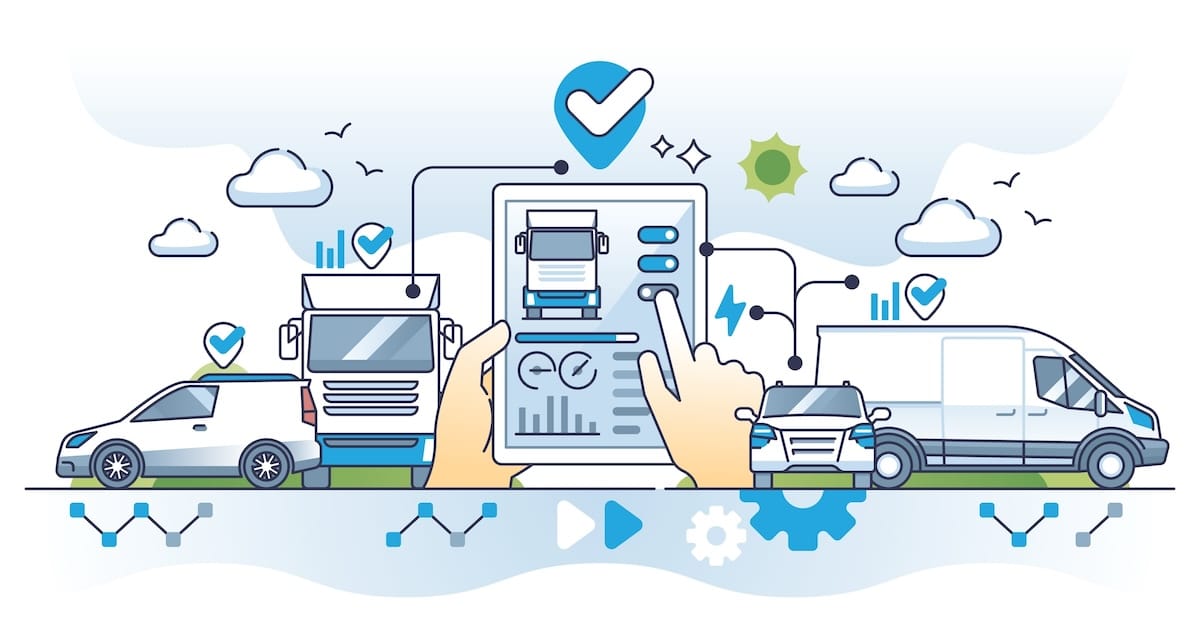WMS vs ERP: Which is Better for Your Business?
Properly managing your inventory is an important part of your business operations as it allows you to fulfill customer orders in a timely and efficient manner.
For many businesses, warehouse management software is an important part of ensuring the efficiency of their warehouse operations by allowing them to keep accurate track of what goes in and out. When it comes to choosing between a WMS and an ERP, which is a better choice for your business? We will go through the similarities and differences between the two types of systems to help you decide which one may be better suited for your business. Of course, do your due diligence, know your overall objectives, and understand your requirements before deciding.
Why Do You Need a Warehouse Management System (WMS)?
Here are a few of the major benefits of having a warehouse management system (WMS) and the effects it can have on your finances and operations.
By accurately keeping track of the goods and services that are stored in your warehouse, you can improve your ability to fulfill orders in a timely and accurate manner. This will help you build your customer base and ensure customer loyalty.
It also gives you accurate inventory data in real-time. This allows you to have accurate access to information that will help you make better business decisions and respond faster to customer demands.
Another benefit is the WMS will help you organize your inventory in the warehouse, and with the use of RF scanners direct where the product should be stored. You can set up specified areas based on product weight, size, temperature needs, and popularity (if it should be stored closer to the dock doors or in the back of the warehouse).
- Increases Productivity
Through the use of different picking methods and RF technology, workers can be directed to the most efficient path through the warehouse. Also, the orders can be grouped together (waving or zone picking), depending on the shipping deadlines (next day, 2-day, ground, etc.), type (FTL, LTL, small parcel, etc.) size, destination, or carrier.
What is a Best of Class WMS?
A Best in Class WMS is a full featured WMS that can handle complex warehouse operations including multiple locations and customers. These systems can also be tailored to meet your needs and can be easily integrated with other existing systems such as an accounting/ERP, transportation management system, or labor management system.
Major Features of a WMS Include the Following:
- Warehouse design – customizing workflow and ensuring that the layout of your warehouse is optimized for inventory allocation and to maximize storage space.
- Inventory tracking – a WMS automates inventory tracking, usually using barcode readers or radio frequency identification tags, to ensure that real-time inventory data is readily available.
- Picking and packing – since a WMS keeps track of everything that is in the warehouse, it can help make it easier for warehouse workers to find items and pack them for shipping out.
- Receiving and putting away – a WMS also keeps track of materials that come into your warehouse and can help you determine the best placement for everything.
- Shipping and tracking – a WMS will have a variety of features that will help you accurately keep track of goods that are shipped from your warehouse to a customer.
- Reporting – a WMS generates automatic reports on warehouse operations. This allows you to make better and more informed business decisions.
What is an ERP?
Enterprise resource planning or ERP software collects and stores data from all business departments. It also manages this data and generates reports on business activities. While a WMS focuses on warehouse management processes, an ERP integrates all the processes a business needs to run its operations. ERP software often include some basic warehouse management functionality. The warehouse management portion is designed for linear environments with sequential processes without the need for a lot of variations or exceptions to the process.
The biggest benefit of an ERP is it streamlines company-wide communication and information sharing. It collects and collates information about the activities and status of all the different departments and makes this information easily available.
Automating and integrating business processes using an ERP eliminates redundancies and improves accuracy. It also improves productivity as departments can synchronize work processes and are better able to collaborate and share knowledge.
What are the Biggest Differences Between a WMS and an ERP

A WMS is more specialized than an ERP because it focuses on complex warehouse management including handling multiple locations and customers. It optimizes your inventory and distribution activities through real time tracking and includes features such as directed putaway, wave/zone picking to optimize warehouse processes
An ERP works to automate the activities of all of an organization’s departments. This includes accounting, customer relationships, inventory, manufacturing, human resources, and more. It helps facilitate the flow of information between all these operational areas. ERP’s can include some light warehouse management functionality, but that isn’t the sole purpose of the software and has often, been offered later by the ERP vendor after the ERP has been released
WMS is a standalone system that you can add other modules or supporting software to, while an ERP is considered an all-in-one solution, ‘horizontal’ solution The strength of the ERP is the integration (most of the time) is offered as standard.
WMS software, however, is a more complete warehouse management solution. Most ERP systems don’t offer more advanced WMS type of features, in areas such as picking, automation, etc.
ERP also doesn’t generate inventory reports based on historical trends. Often, it isn’t good with warehouse planning as it doesn’t collect data about the best locations for slotting items. A WMS usually has better product slotting functions
Important Questions you Need to Ask When Deciding Between a Best of Class WMS and an ERP
When trying to decide between a best of class WMS or ERP software, you need to consider three things.
- First, what are your long-term business goals? What measurable outcomes would you like to achieve? If warehouse management and real-time information about inventory and other processes are important to your goals, you should probably go with a WMS. The WMS will need to integrate to the ERP, but can be considered and evaluated, based on the ROI in the warehouse. If what you really need, however, is to streamline your entire business and you have a simple, ‘light’ warehouse operation then an ERP might be a better choice.
- Second, examine your existing processes and systems and decide what needs to be “fixed”. Are you missing functionality in your current system or processes? In many cases, if you are using an ERP and lack the complex warehouse functionality, a best of class WMS maybe needed. In that case the WMS wouldn’t need to replace the ERP but the two systems can be integrated together for a smooth transition between each process. Depending on your operations you may not need an ERP, but an accounting system might be sufficient along with a WMS.
- Lastly, figure out which of these systems will give you the best ROI. Compare the costs of implementation and integration of these solutions and match these costs against “profits” that are to be gained. Can a WMS help you achieve your business goals, or would an ERP be better suited for your needs? Even if one solution is cheaper than the other, the ROI won’t be worth it if the “cheaper” option doesn’t improve operations. It would be an expensive decision to implement an ERP and a WMS at the same time, so it would be best to do one at a time, which allows you to get each system up and running and employees trained before introducing another system. Timing and phasing is critical to success since over 50% of the implementation costs, are soft / people costs.
All in all, having the right warehouse management software installed can optimize warehouse operations and increase profits. By fulfilling orders in a fast and accurate manner, you keep customers happy and can cultivate a long-term business relationship that will benefit you both.
If you are in the market for a best of class WMS or are having trouble deciding what type of system would be best for your business, contact us today, and we would be happy to help.









